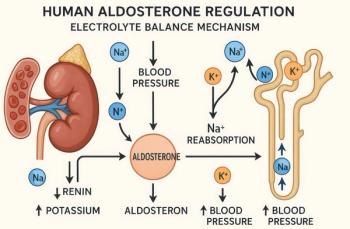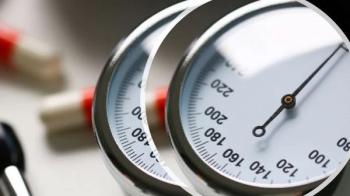
Yoga Practice Reduces Blood Pressure, Say Early Results
Yoga practice resulted in a 3-4 mm Hg decline in systolic BP at 24 weeks and a 2-3 mm Hg decline in diastolic BP on 24-hour ambulatory monitoring.
Can regular practice of yoga reduce blood pressure in persons with mild to moderate hypertension? The answer is a qualified “maybe” based on preliminary results of a study from researchers at the University of Pennsylvania. The data, presented at the 2013 Annual Scientific Meeting of the American Society of Hypertension, revealed significant decreases in systolic blood pressure at 12 weeks and in diastolic blood pressure at both 12 and 24 weeks among subjects practicing yoga 2 or 3 times per week for 24 weeks.
Should primary care physicians begin recommending the practice as an alternative to long-term medical therapy? In this video interview, lead study author Dr Debbie Cohen answers these questions and provides additional detail on the study and its results.
Dr Cohen is Associate Professor of Medicine, Director of Clinical Hypertension Programs, and Co-Director of Penn Neuroendocrine Tumor Program at the University of Pennsylvania School of Medicine, in Philadelphia.
Take-home Points
• Hypertension affects 1 in 3 adults in the US. Alternatives to drug therapy, particularly in cases of mild hypertension, are sought by patients wishing to avoid long-term drug therapy.
• Subjects in the yoga-only group showed a decline of 3 to 4 mm Hg in systolic pressure over 24 weeks and a decline of 2 to 3 mm Hg in diastolic pressure on 24-hour ambulatory monitoring. No significant differences were seen between treatment groups.
• The study is ongoing in order complete planned enrollment of 102 participants. However, the interim results suggest that regular yoga practice may be a valuable adjunctive therapy for persons with mild to moderate hypertension.
Reference
Cohen DL, Bowler A, Townsend RR. Preliminary results of the Limbs study: assessing effects of yoga on blood pressure reduction [abstract]. J Clin Hypertens (Greenwich). 2013;15(suppl 1):122.
Newsletter
Enhance your clinical practice with the Patient Care newsletter, offering the latest evidence-based guidelines, diagnostic insights, and treatment strategies for primary care physicians.

































































































































